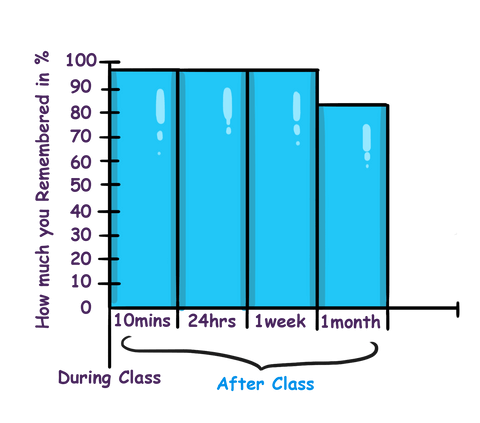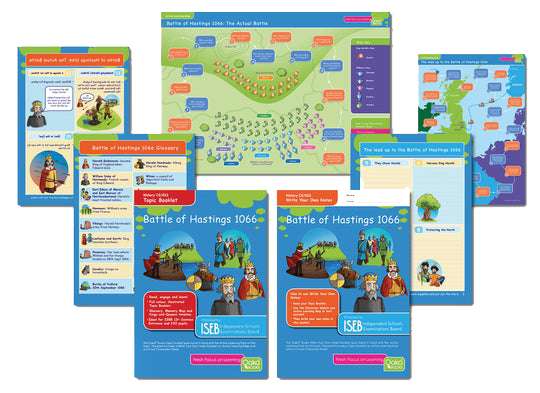Our guest blogger, Carys Gwillym, takes a look at the pros and cons of exam cancellations….
The past year has been a complete whirlwind – there has been no certainty, no routine, and little to no normality for any of us. UK schools have been closed for more time than they have been open, and therefore students have been learning the large majority of their lessons from home, forcing families across the nation into the unfamiliar world of home schooling.
This leads to the question of exams, and whether or not the exams of 2021 should be cancelled? Is it fair that students should have to sit an exam in a year that, otherwise, has been such an anomaly? Or would it be worse to deprive them from the opportunity entirely, leaving their fates in the hands of an algorithm already proven to be unfair or decisions of teachers based on previous performance when we all know that many pupils rise to the occasion of exams but coast much of the rest of the time? It seems peculiar that the decision is up to Parliament, a gaggle of people so detached from the reality of our schools – but this is a matter that has ignited debate everywhere; disputes addressed by teachers, parents, the students themselves, and pretty much everyone else in between.
At first glance – no, it does not seem fair that the exams should continue as normal, in a year where students have had to do everything else so differently.
But – and I say this as a recent graduate– the more I consider the debate, the more I believe that it is wrong to cancel the exams of 2021. Below are but a few of the reasons why it is unjust to stop students from sitting their exams.
The End Goal
Exams provide an important end goal for students – an end goal that is needed this year more than ever. An exam to aim toward will encourage students to remain focused on their work and motivated overall. Exams give purpose to pupils and teachers, filling an otherwise aimless year with something to prepare for.
The Revision:
Revising for an exam is the best way for students to enhance their knowledge. Revising and revisiting one topic again and again moves the information you learn from short term to long term memory, meaning that you will remember what you learned for a longer period of time.
If you visit a topic just once, in the instance that you first learn it, you are likely to forget the majority of what you’ve learned very quickly. If you revise a topic repeatedly, you will provide yourself with more embedded knowledge going forward.

The Motivation
Many students find exams motivating, as exams give them a reason to keep their heads down and focus. Additionally, there is something rather rewarding about sitting an exam and making use of everything you have learned, particularly when your result reflects all your hard work. It can be an extremely rewarding experience for a student, and it would seem unfair for the students of this year to not have the chance to flex all their knowledge.
Fair Grading
Exams are the best way for a student to determine their placement at either college or university. Earning their own grade through an exam saves students from the discriminatory algorithm that determines their grade based on situation, not ability, an algorithm which caused a great deal of uncertainty for the students of 2020. To cancel exams would in fact be removing an opportunity from our students. The decision to use teacher assessments also has its problems, particularly for the majority of schools with large classes and little 1:1 focus. After the teacher assessments last year, nearly 60% of the students who sat exams in Autumn received a better grade in the exam than the one awarded as an estimate by their teacher. Ultimately, exams are the most reliable.
Cancelling exams is only pushing back the problem, and ultimately wasting time
for the student, particularly those who have further plans for after their GCSE’s or A-levels.
Will It Widen the Gap Between Private and State Schools?
Many private schools are still going ahead with their common entrance exams (Yr 8). The work being done in preparation for these exams will, most likely, result in these pupils entering Year 9 several steps ahead. This advantage will felt in the lead up to their GCSEs in Year 11 and so the impact continues and the attainment gap widens still further.
Overall, I firmly believe that exams should not be cancelled, despite the outlandish circumstances of 2020 and 2021. Given that so much has changed for students, however, and that it has been such a challenging year for all, special adjustments should be made – grade boundaries lowered, more preparation allowed, etc. I would say that living and learning through
a global pandemic calls for some extenuating circumstances.
But, the bottom line is that teenagers need either a carrot to motivate them or a stick to gently prod them in the right direction. Leaving students and parents trying to keep 16, 17 and 18 year olds on track is, perhaps, made an even tougher job without the short term focus of exams.





